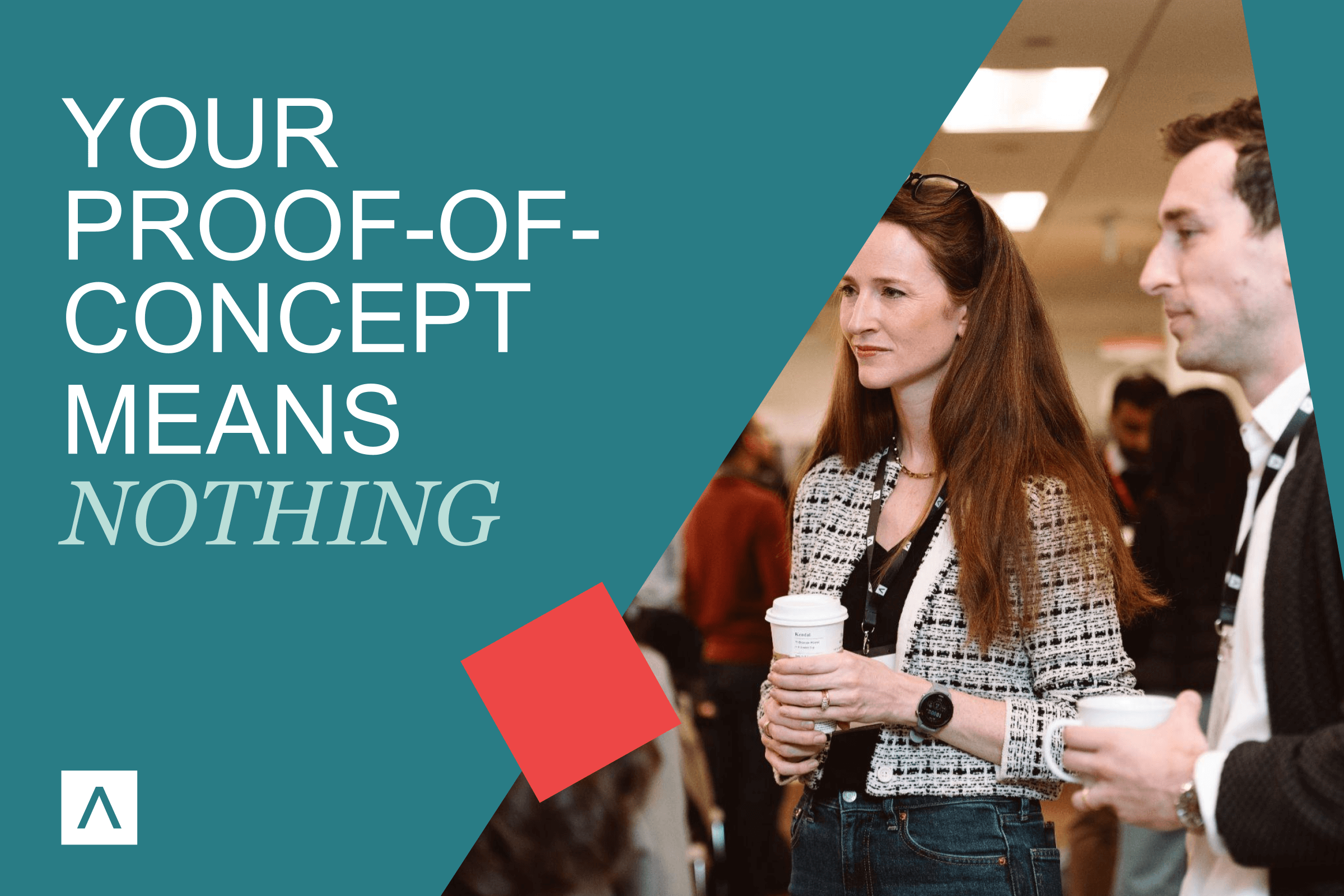On the picture Thomas B. Johannessen, Paulius Kvedaras and Jessica Li from the first Antler cohort in Oslo.
A fundraising journey is a long road and what you will look for in an investor will evolve along the way. In order to help you choose the best type of investor for your needs, we have summarised the key considerations for each of them and their value add to your startup.
We will be looking at the following types of investors:
Types of investors: Friends & Family and Angels
If you are looking for small tickets, the first type of investors will be your friends & family, angels, and people in your network. In most cases, this is the easiest way to raise seed money to start your business. Moreover, these people will usually be motivated to invest in you by loyalty and support rather than high ROI.
However, remember that mixing business with pleasure is often risky. Before taking anyone's money, make sure that your relationship is strong enough to survive the worst-case scenario because you are risking losing the money of your loved ones. When signing an agreement, make sure that everyone is well aware of potential outcomes.
Types of investors: Friends & Family
Key considerations:
Value add:
Types of investors: Angels
Key considerations:
Value add:
Types of investors: VC funds, family offices, and corporate VCs ("Institutional money")
If you have great traction and raising a bigger round, go to VCs and family offices. Before approaching VCs, however, do your research - find out what exactly they are looking for, check how much traction they expect, and what is the minimum ticket size. Many VCs have limited bandwidth because they have small teams, so for them investing a 1 million or 2 million ticket is actually the same bandwidth usage as investing 200-400 thousand dollars.
A crucial aspect of engaging with VCs is to always understand who is the person in charge - you want to make sure that you are familiar with the decision making process by speaking to the right person.
Types of investors: VC funds & family offices
Key considerations:
Value add:
Corporate VCs are also worth looking into because they are not only investing in your business but are also your first customer. They can help you get off the ground, even quicker than regular VCs. However, be careful with the risk of having a corporate VC taking too big of a chunk in your company too early. This might mean that you change the dynamic of how your exit will look like. A lot of exits in startups is actually a strategic corporate buy. If a corporate VC invests in a company and takes too big of a chunk, not many investors will be willing to invest afterward or even buy you out. It is important to think about how to engage the corporate VC by optimizing the early-stage investment and, at the same time, not compromising on an exit. The best way to look at this is to check what kind of portfolio companies this corporate VC has and how did they exit.
The thing that is very often neglected by founders in their fundraising journey is speaking to portfolio companies of a VC and corporate VCs to get a sense of how they should enjoy the relationship with the investor and how the fundraising process looks like. You should do as much due diligence on your investor as your investor is doing on you.
Types of investors: Corporate VC
Key considerations:
Value add:
Types of investors: Crowdfunding
Crowdfunding makes sense if you are building a hardware product or a B2C prototype. It usually comes in handy if you are building a consumer-driven B2C product and you want to build your brand in a powerful way. However, it can take quite a bit of time so only do it if you need it. Read about the pros and cons of crowdfunding and its alternatives in our previous article.
Key considerations:
Value add:
Create a single-purpose vehicle
In each fundraising round, you may have different types of investors putting their money in your startup. What you want to avoid is too many investors on your cap table. If you have 10 investors before your seed round, your next investors will see this discouraging because you will have to speak to every single investor to negotiate rights in order to allow the new investor to get onboard. What you can do is create a so-called single-purpose vehicle whereby you put together all these different small tickets investors. By doing so, once you convert these investors, it will appear as a single entity on your cap table.
---
This article is a part of the "Startup fundraising 101" series. Read also:
Article 1 - Fundraising: what to expect in the journey? Stages of startup funding
Article 2 - Fundraising: why raise seed money, when to raise money, and how much to raise?
Article 3 - Fundraising: how to set your valuation and which financing options to choose
Article 4 - Fundraising: types of investors when raising money for your startup
Article 5 - Fundraising: how to successfully fundraise from pre-seed to seed round









%20(1)%20(1)%20(1)%20(1)%20(1)%20(1).avif)
.avif)

